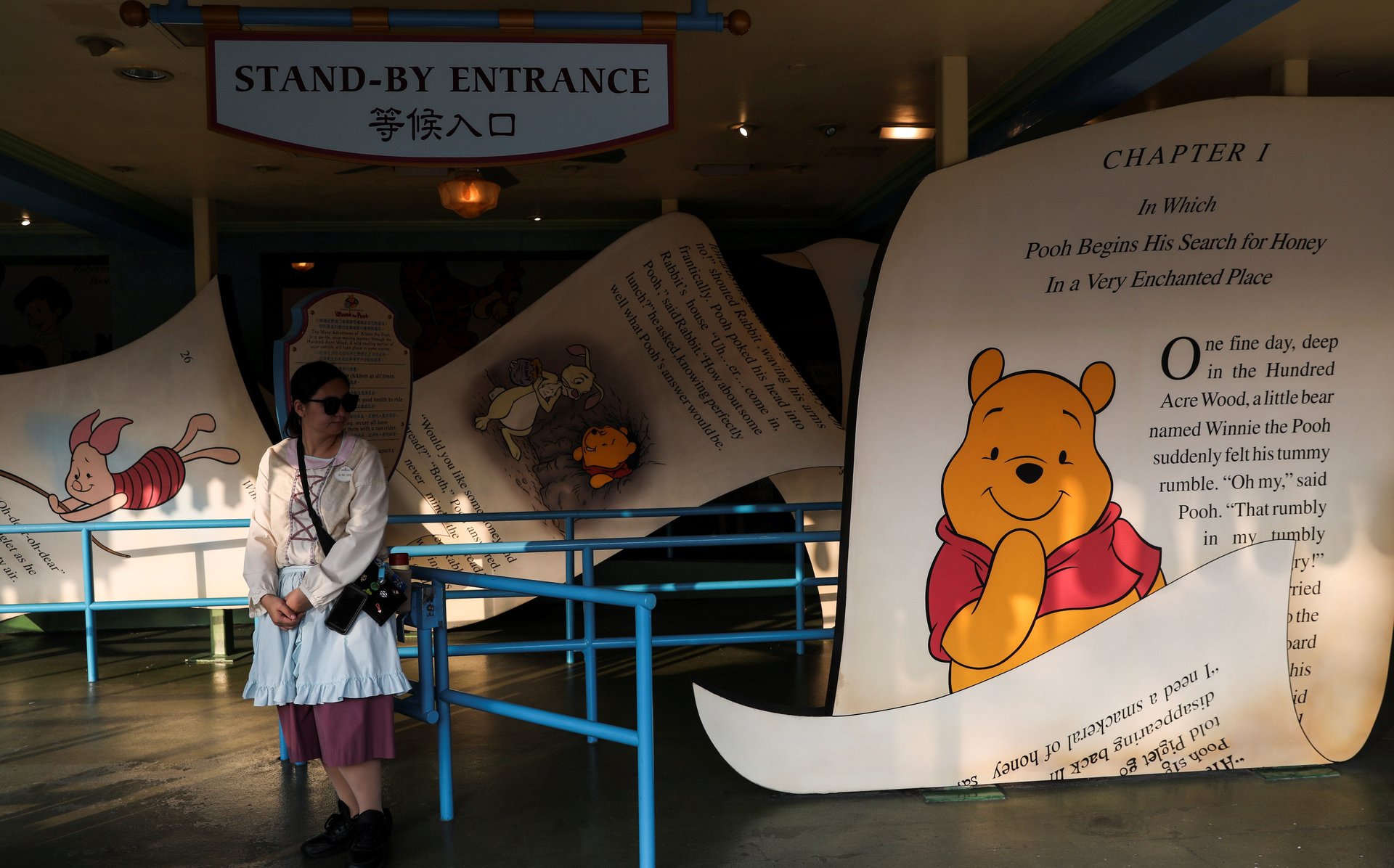Hong Kong’s government blames “social incidents” for tipping the economy into a deep recession
In the past few months, shopping malls, restaurants, and amusement parks in protest-hit Hong Kong have felt like virtual ghost towns. New data released today confirms that the city’s economy is indeed in its worst state since the global financial crisis a decade ago.


In the past few months, shopping malls, restaurants, and amusement parks in protest-hit Hong Kong have felt like virtual ghost towns. New data released today confirms that the city’s economy is indeed in its worst state since the global financial crisis a decade ago.
According to preliminary government figures, Hong Kong’s economy fell into recession in the third quarter of this year, shrinking 3.2% from the previous quarter and 2.9% from a year earlier. This was the second consecutive quarter of contraction, meaning that the economy has fallen into the commonly held definition of recession.
In addition to blaming the broader global economic slowdown and the US-China trade war, in a statement the Hong Kong government also attributed the downturn to “local social incidents,” referring to the protests that have racked the city since mid-June and which show no signs of abating. The government said that the “large-scale demonstrations” have affected consumer sentiment, with private consumption falling 3.5% in the quarter from a year ago, compared with a 1.3% increase in the previous quarter.
Inbound tourism and exports have also been hit hard, with visitors from mainland China, who are typically also huge consumers of luxury goods, nosediving. Prior to the global financial crisis, the last time the city’s tourism industry took such a severe hit was during the 2003 outbreak of the SARS virus.
The large-scale shutdown of the city’s subway network has exacerbated its deepening economic malaise. With the subway system closing as early as 8pm some nights, people have rushed to catch the last train home rather than staying out for dinner or a movie. The subway operator has defended its actions, citing security concerns after some protesters started vandalizing stations in anger at what they say is collusion between the company and the police to suppress protests.
A number of major events have been canceled as a result of the unrest, including sports competitions such as the Hong Kong Tennis Open and the Hong Kong Squash Open. Carly Rae Jepsen and Trevor Noah both called off scheduled shows in the city. Halloween, traditionally a huge source of income for Hong Kong’s bars, has effectively been canceled, following a ban on face masks enacted almost a month ago and threats by police to suppress any attempt to use the celebration as an excuse for protests.
In a recent policy address, Hong Kong’s chief executive Carrie Lam rolled out some relief measures, such as transport subsidies and easier access to mortgages in a bid to assuage public anger. However, Alicia García-Herrero, chief Asia-Pacific economist at French bank Natixis pointed out, says Hong Kong’s government has not done enough to diversify its economy away from a reliance on mainland China, and has been reluctant to tap its massive reserves to stimulate an economy slipping into recession. Furthermore, there has been no indication from Lam’s government that it’s ready to present a political solution to quell the months-long unrest.